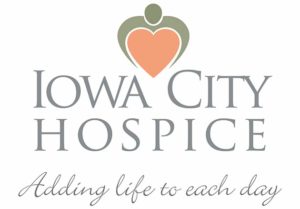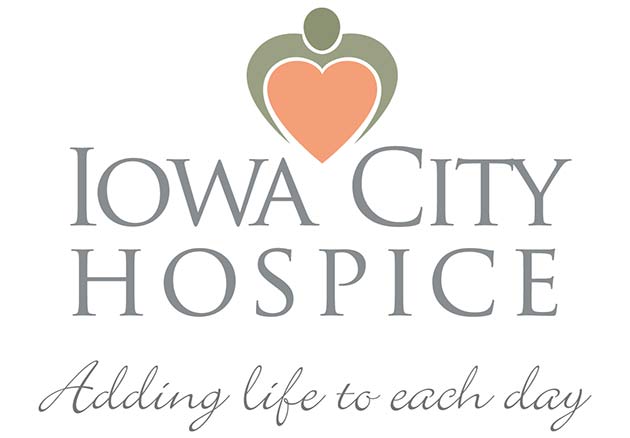Family Caregiver Connection
Helpful tips for family caregivers
January/February 2011
A new year brings new beginnings. Time to take a fresh look at old situations.
Sibling rivalry revisited
There’s a reason rivalries resurface when siblings share in elder care. According to Francine Russo, author of They’re Your Parents, Too!, the trigger is an awareness that time is running out. It often hinges on the desire to resolve unconscious needs for parental attention. Perhaps it’s a need to feel as important as another sibling. Or to feel forgiven. Or to feel capable.
When old issues operate beneath the surface, the result can be lots of emotion and little constructive progress.
What to do
- Check in with yourself. Are you overly engaged in caregiving out of the hope for approval? Or underinvolved because you were “the baby”? Recognize how your perspective may affect your role in your parent’s care and your response to your siblings.
- Don’t blame your sibs. If you feel that Dad overlooks you, you may be right. Your parent may be unfair. This is not the fault of your siblings, however. Similarly, if you are the “favorite child,” try not to abuse that privilege. Instead, look for common ground with your siblings. Acknowledge your parent’s foibles.
- Treat your siblings as adults. If you don’t operate according to old family patterns, your siblings are less likely to do so too. Meet them as they are today. At a minimum, agree to put aside sibling issues to focus on the care of your parent. Use the forum of a “family meeting” for discussion. Hire a facilitator if problems persist.
- Get support. You may not ever receive the love you want from your parent. Your siblings may repeat old patterns. Accept these realities if they occur, and find connection in other places. Try a support group for family caregivers. Or consider individual counseling for help in letting go of old hopes.
Return to top
Tired of being the taxi?
It’s natural to want to help when your loved one can no longer drive. But it may not be realistic. Smart caregivers learn to delegate things that can be done by others. Only you can provide the love of a family member. Transportation is something others can do.
Each town has its own transportation program. Check to see which of these are available where your loved one lives.
Public transportation options
- Public or mass transit. This service is bus or rail travel on a preset route. It usually has a preset schedule. Seniors often pay a reduced fare. Some companies can even arrange ahead of time for someone to accompany a first-time rider, share tips, etc.
- Paratransit service. This service is for individuals with physical or mental disabilities. It provides door-to-door or curb-to-curb travel. Most paratransit vehicles can handle wheelchairs. Timing is based on the rider’s schedule. Advance reservations are required.
Private organization options
- Taxicab service. Taxis provide on-demand transportation by car or van. Fares include a base charge plus a per-minute or a per-mile charge. Some companies accept transportation vouchers.
- Transportation vouchers. Some social service agencies offer travel vouchers for taxis and buses. The vouchers are used instead of paying a fare. Eligibility typically depends on financial resources and/or disability.
- Volunteer driver programs. A local nonprofit organization may manage a network of volunteer drivers. These programs tailor their services to a rider’s needs. For example, drop off only, or multiple stops. Fares are typically by donation.
- Door-through-door service. Some private transportation companies do more than drive. They physically help the rider get safely out the door of one location and through the door of another.
For more information, look up your town’s public transportation agency.
Return to top
What's new in Medicare
The changes to Medicare for 2011 provide your loved one with several free prevention services. The idea is to catch major health problems early by lowering the cost for screenings.
The changes apply to everyone with Parts A and B. If your family member has a Medicare Advantage Plan, check with the plan itself about benefits for 2011.
Following is a sample of the services to be covered. Most are offered at no cost. Some require payment of 20% of the approved Medicare fee. Important: To get these savings, your family member must use a doctor who has signed on with Medicare.
- Yearly wellness exam. An annual visit to look at current health issues. This is also a time to discuss personal risk factors and steps for preventing disease. Patients new to Medicare are entitled to a more extensive “welcome” exam within their first year of signing up.
- Bone density screening. Bone mass evaluation every 24 months for persons at risk for brittle bones.
- Cancer screening. Four types of tests are covered for colon or rectal cancer. For women, there are yearly mammograms. Plus, there is coverage for Pap smears, pelvic exams, and a physical breast exam every 24 months. For men, PSA tests and physical exams for prostate cancer are provided yearly (with a 20% fee).
- Diabetes screening. Provided twice a year for at-risk individuals (with a 20% fee).
- Flu/pneumonia prevention. Flu shots are covered annually. Anti-pneumonia shots are also covered and typically last a lifetime.
Prescription costs may also go down for your family member in 2011. If he or she reaches the “donut hole” coverage gap, the cost of brand-name drugs will drop 50%.
Return to top

